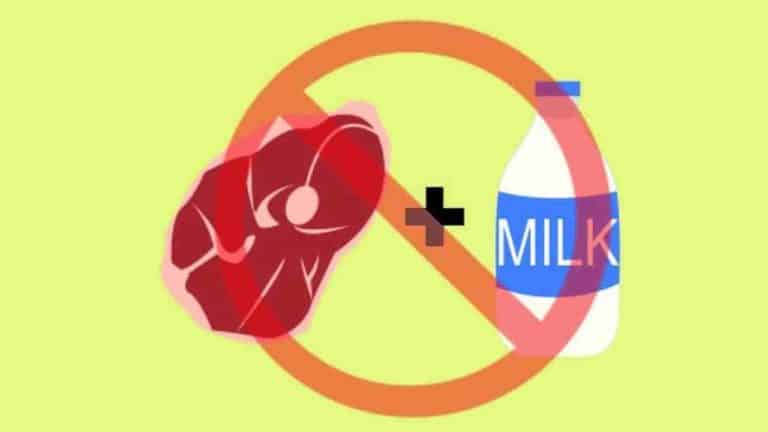What Kashrut Is and What Kashrut is Not
What Kashrut Is Not This week’s parsha, Shemini, contains most of the laws of Kashrut, the…

What Kashrut Is Not This week’s parsha, Shemini, contains most of the laws of Kashrut, the…

Question: Does Rosh Hashana share any similarities with the Jan. 1st New Year’s Day holiday? Is…

Question: My question concerns food, since I am a chef. And so far, no rabbi was…

Question: I’ve heard reasons why we keep kosher, and therefore understand why kosher animals were created….

Parshat Shemini contains within it many of the basic dietary laws of the Torah, known as…